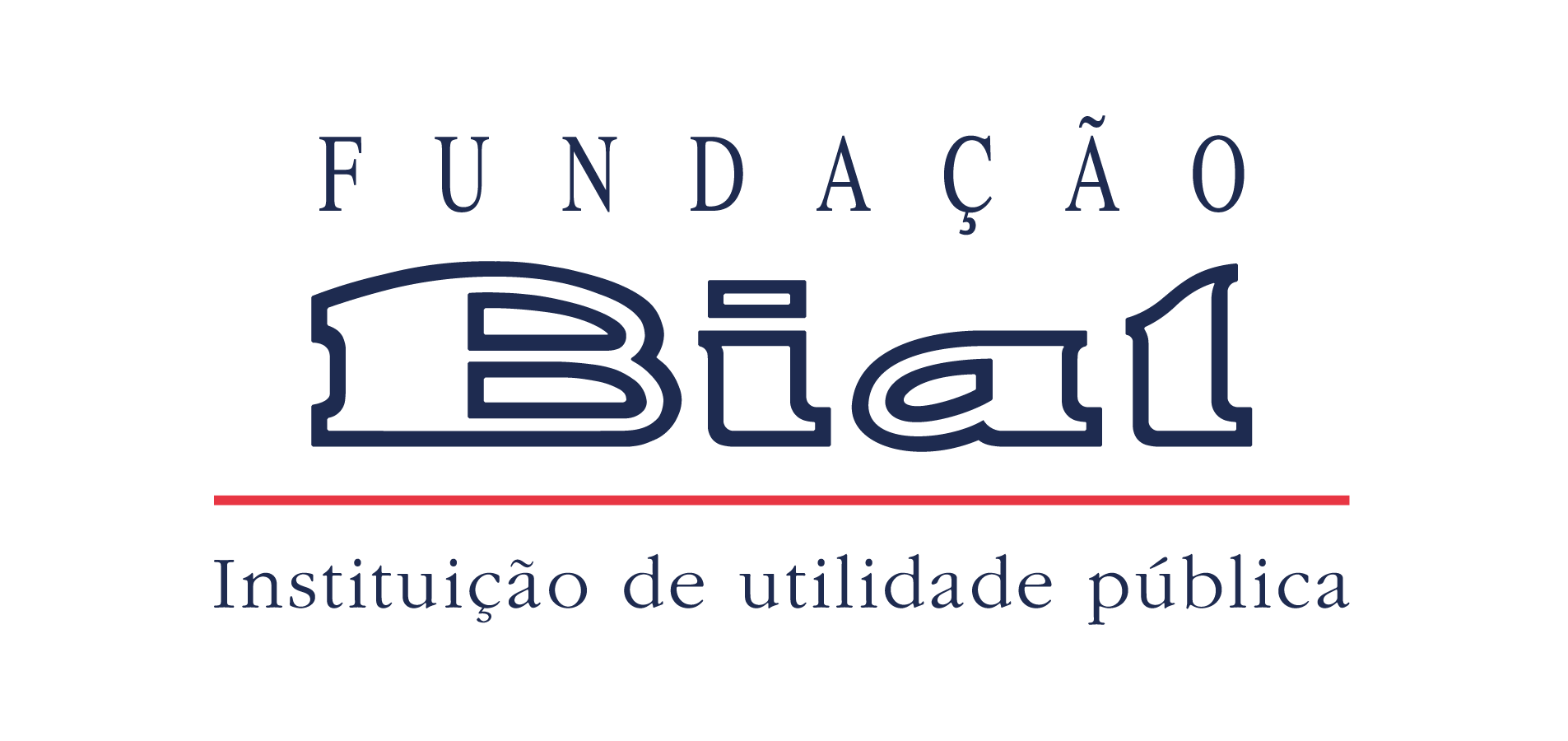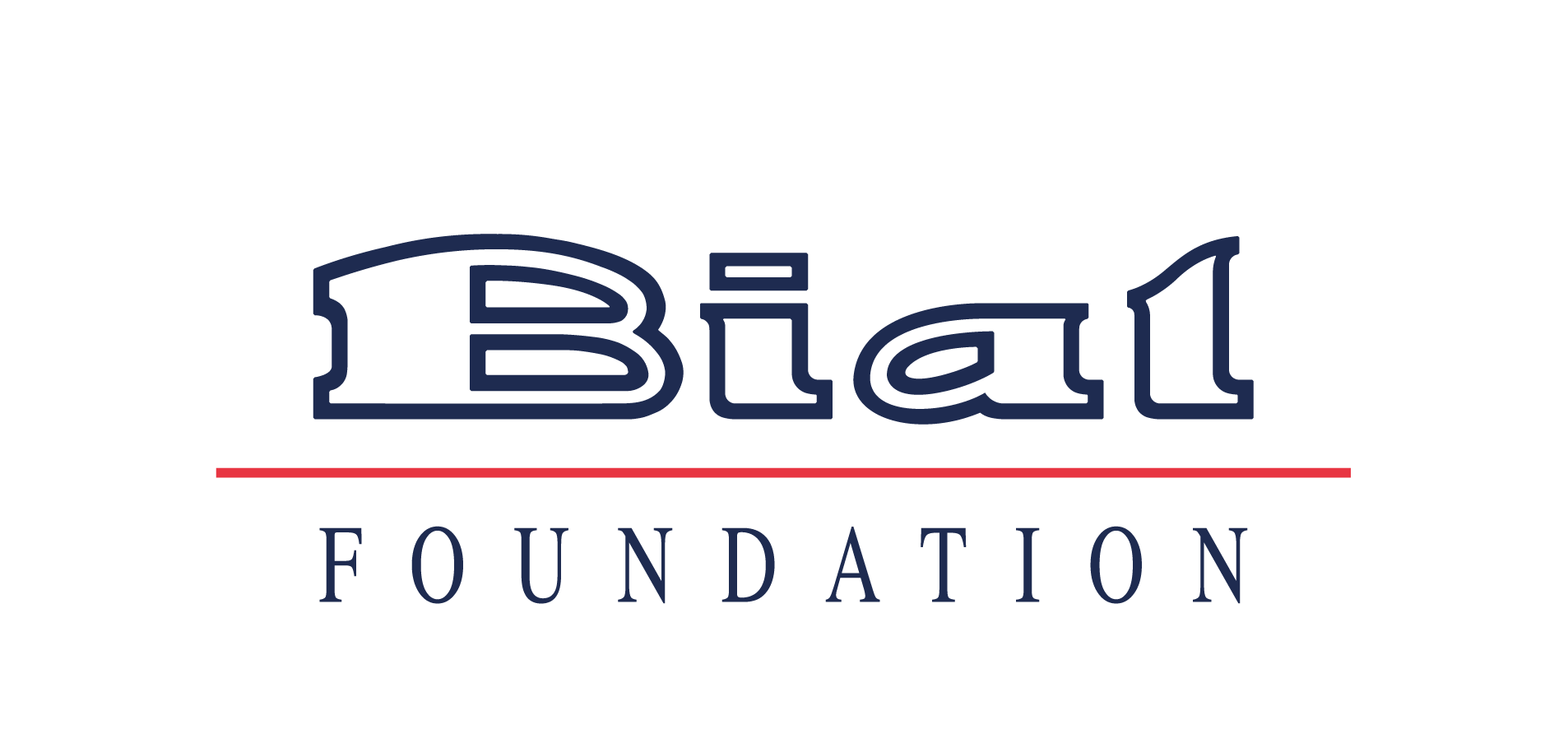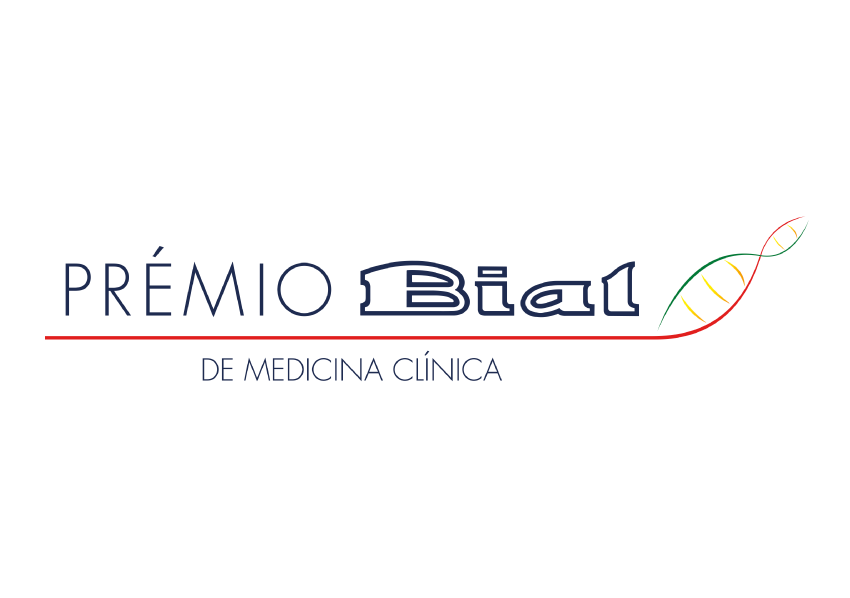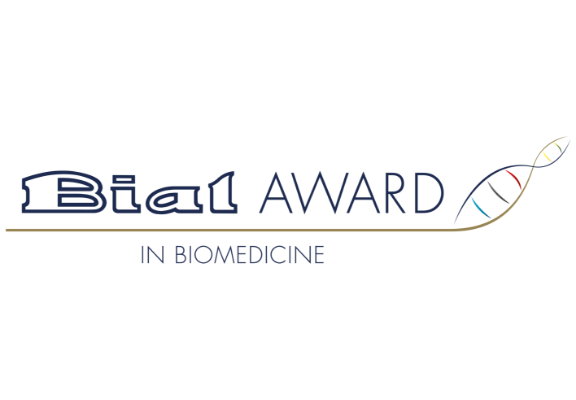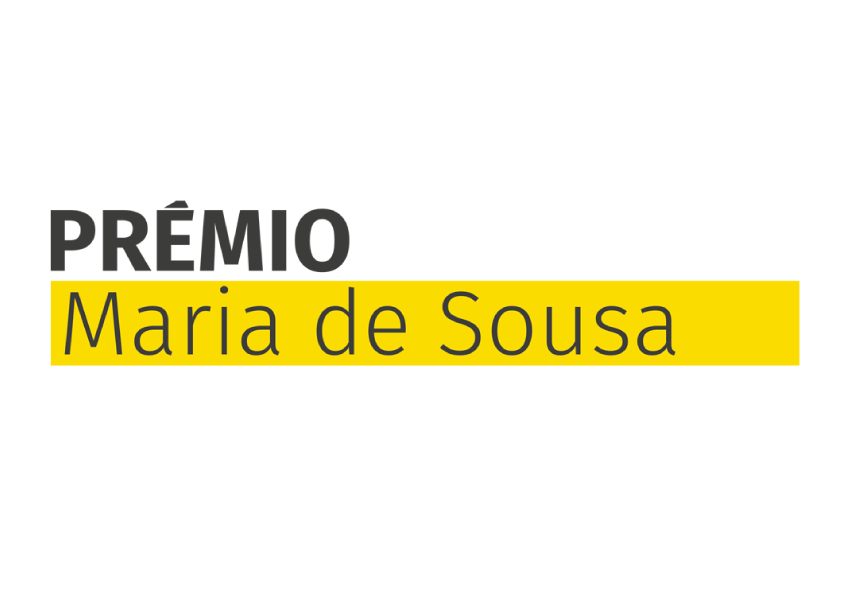News
- Science Stories
- Highlights
- Looking for collaboration
- Helpful links
- Logos
Science Stories
It is our mission being accomplished. Since 1994, the BIAL Foundation has approved for funding 946 projects, involving around 1900 researchers from 31 countries. There are three decades of support to Scientific Research Projects oriented toward the neurophysiological and mental study of the human being, in the areas of Psychophysiology and Parapsychology.
Discover the stories behind the science.
Science Stories
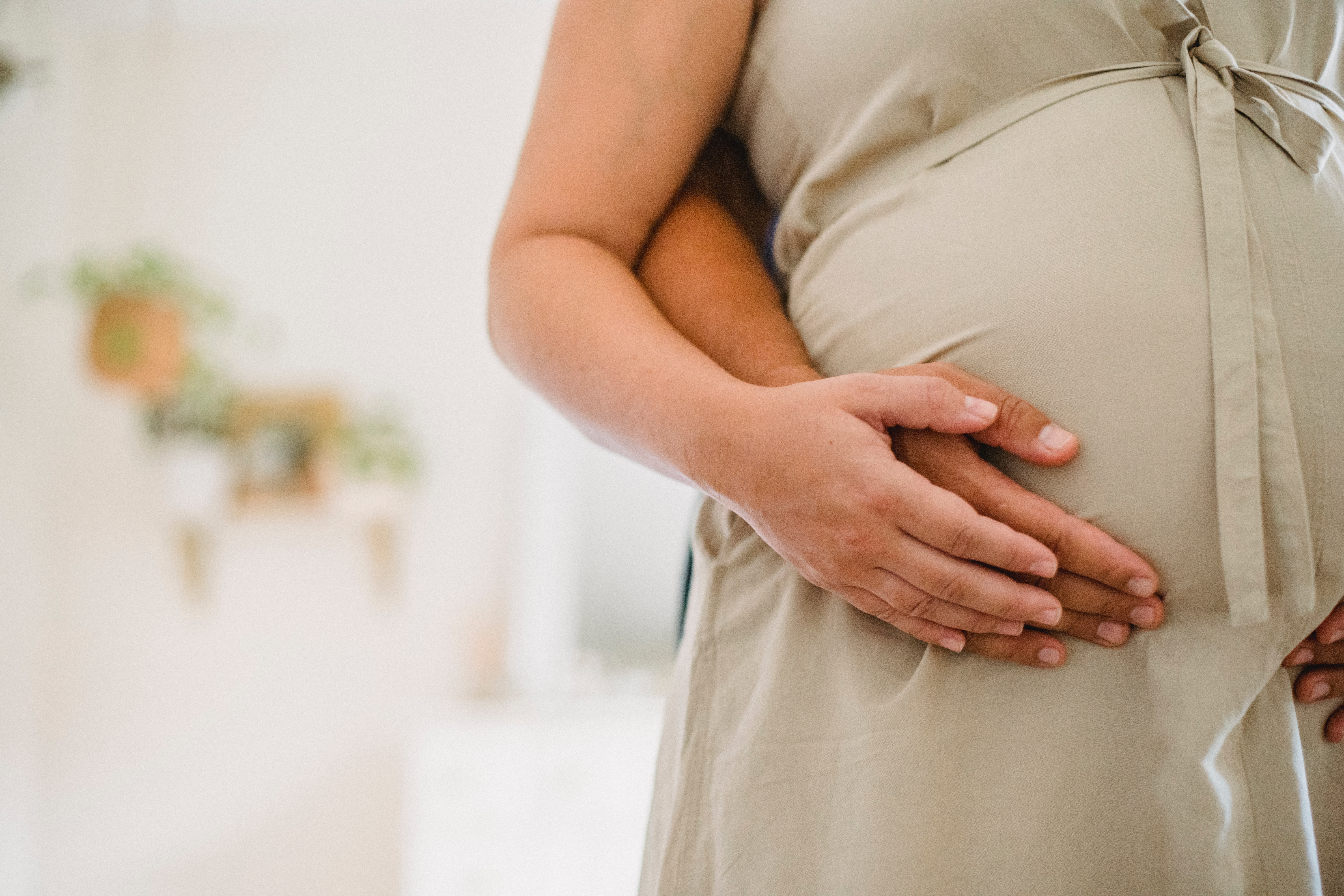
Do expectant fathers and mothers experience pregnancy differently?
A study has shown that there are neural and psychological differences between men and women during pregnancy.
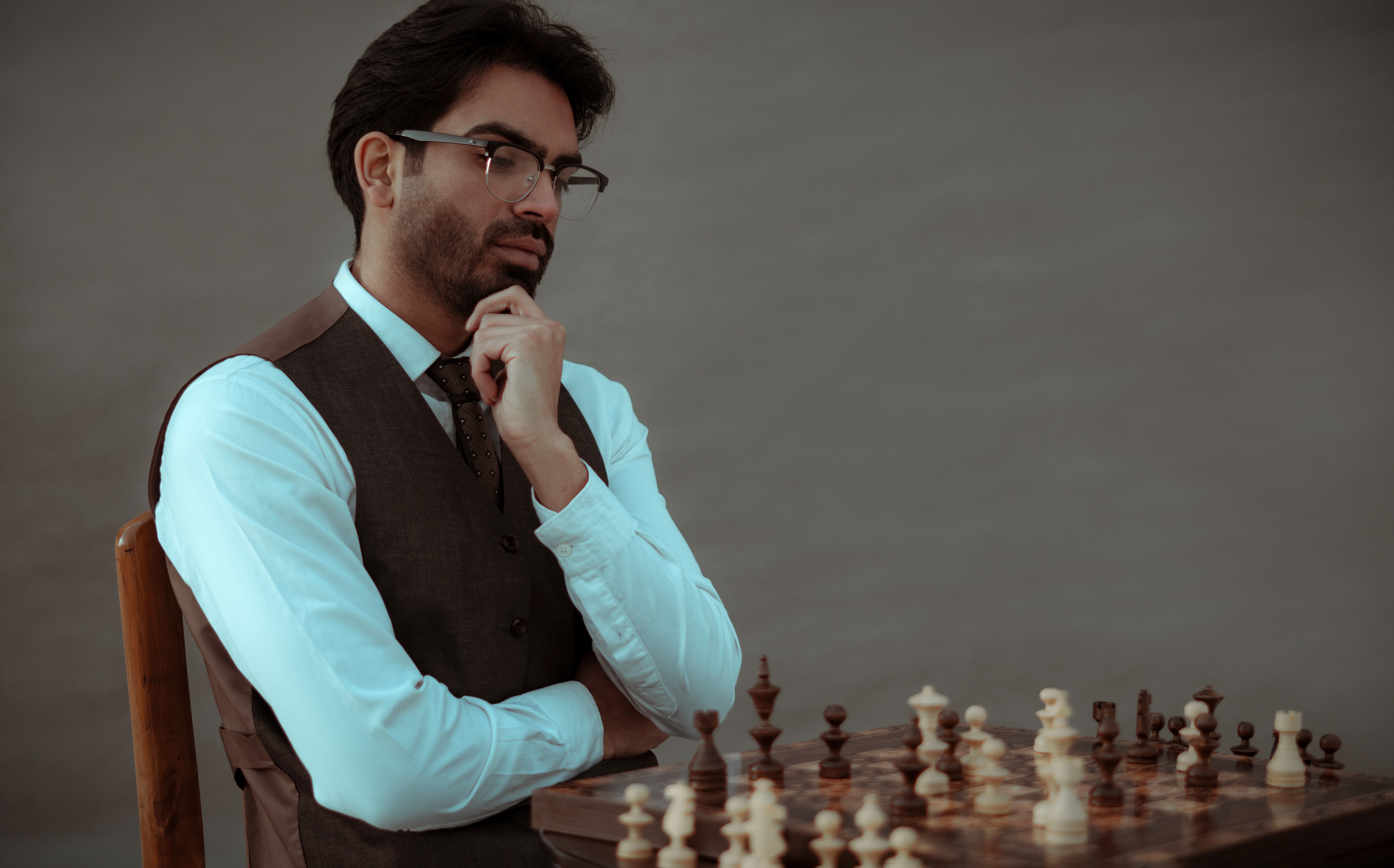
Can we self-regulate our brain through training?
A study of neurofeedback reveals that the behavioural effects seem to be the same whether real or sham feedback is given.
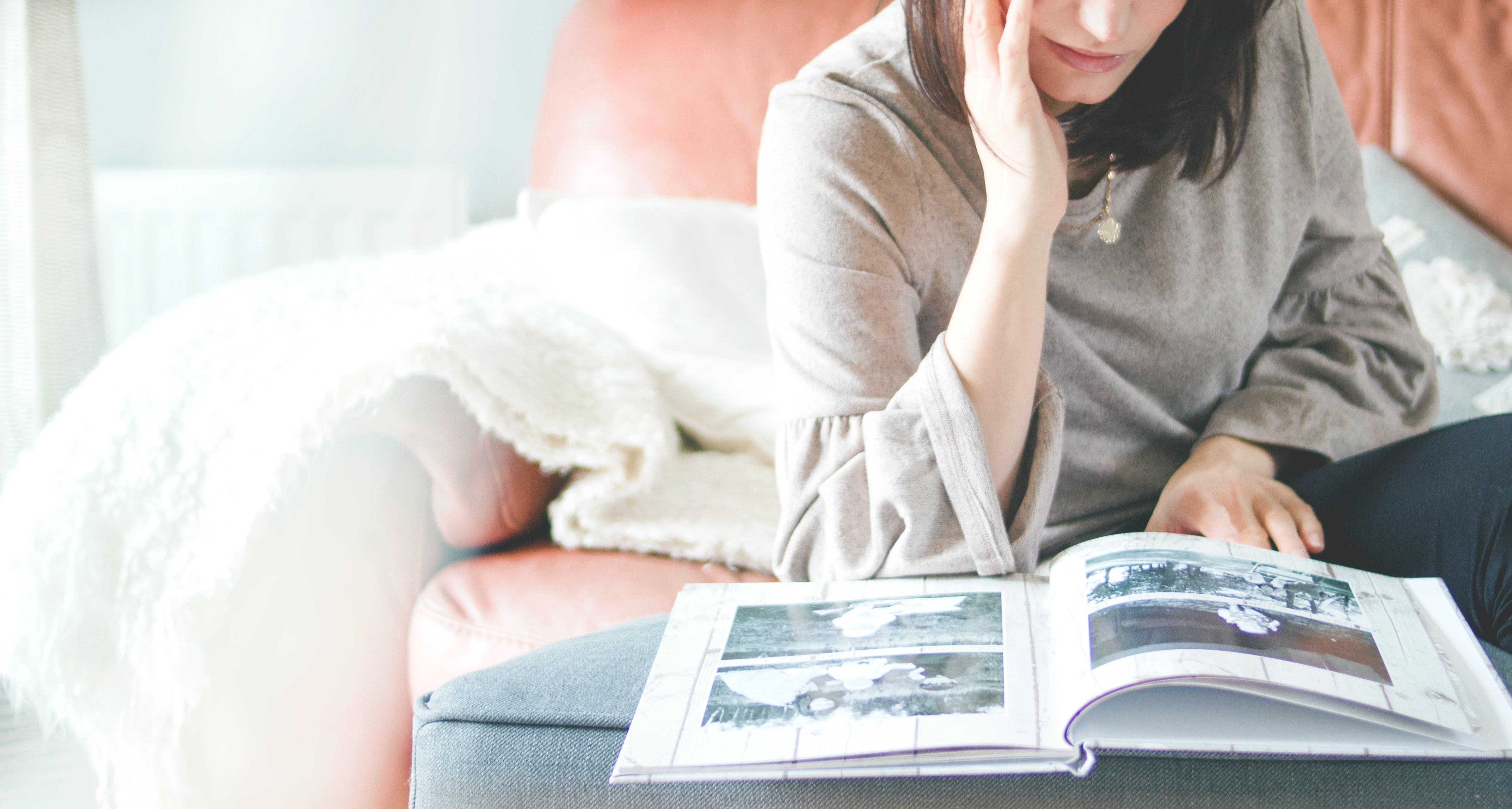
Can highly superior autobiographic memory enhance creativity?
Constructive episodic processes relevant to creative thinking are not enhanced in individuals with highly superior autobiographical memory performance.
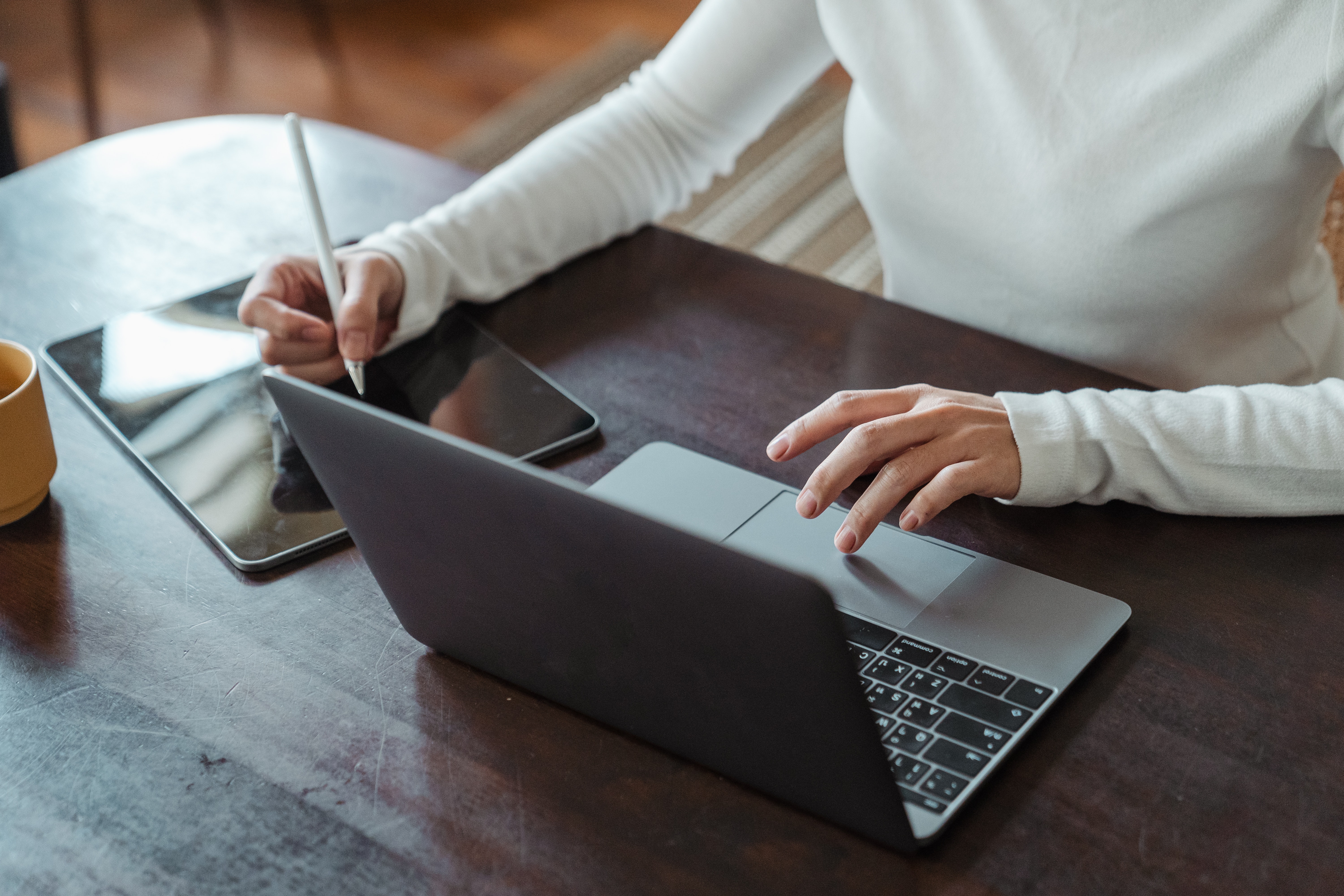
Do women show greater engagement for multitasking?
A study involving 167 UK participants showed that women believed to be consistently stronger on multitasking than men.

Does age change the dream recall?
Study reveals that there are no relevant differences between dream recall in young adults and in the elderly.

Academic studies on claimed past-life memories
Did you know that most studies on claimed past-life memories were carried out mainly in Asian countries?
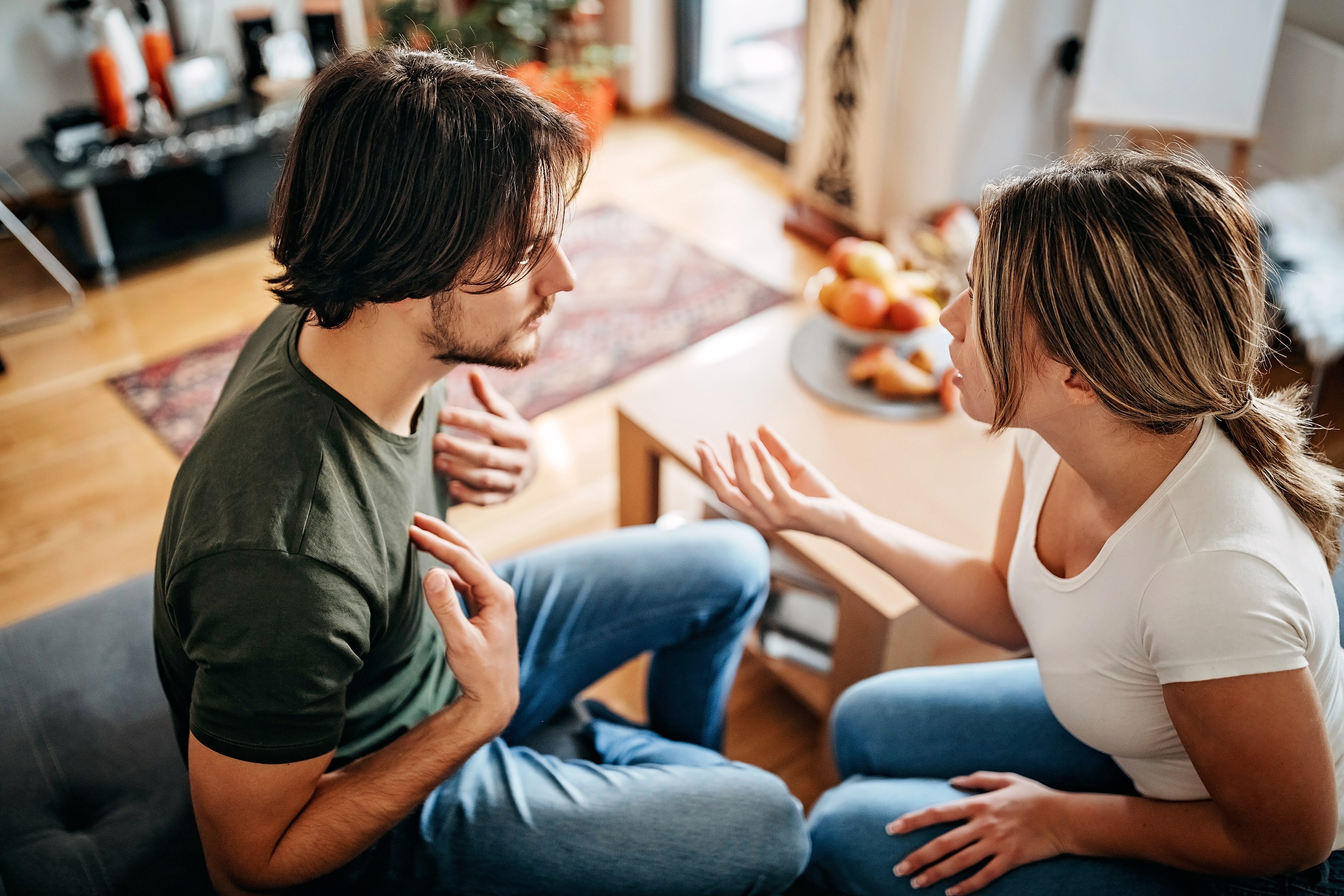
Empathy in couples
Understanding the adaptative functioning of couples is something crucial considering the harmful consequences of situations of domestic violence.

Choosing the usual or taking a chance?
We always choose the same route back home, but one day, alerted about traffic restrictions, we decide to risk an alternative route. What drives us to make this decision?
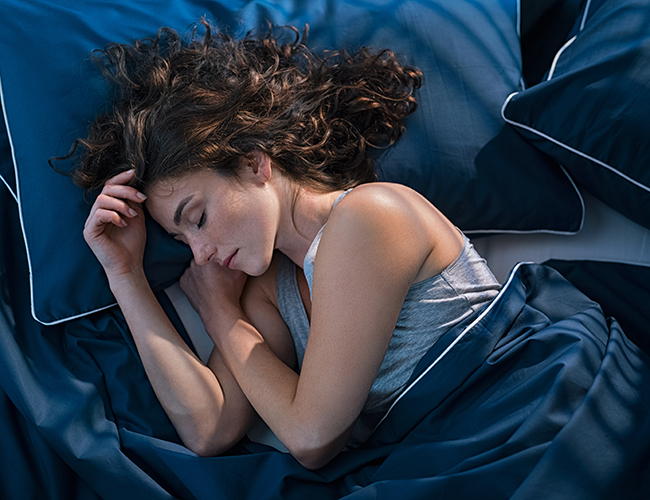
Dream and daydream: differences and similarities
Did you know that daydreams reflect events from the previous two days and “night” dreams resemble a fictional plot?
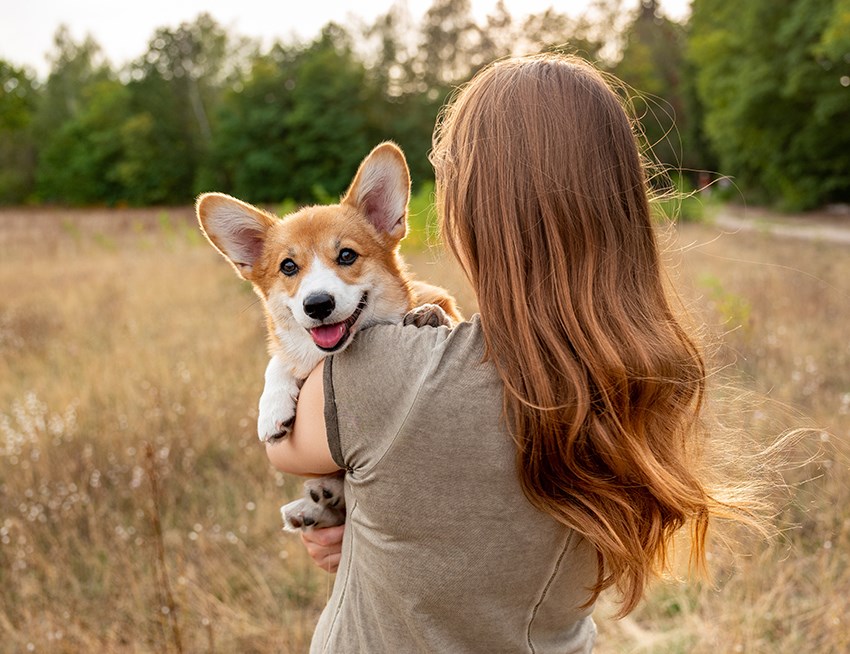
Does your dog have social skills?
A study suggests that viewing the owner’s face works as a positive social reinforcement for dogs. Learn more about this and other surprising results about “man’s best friend”.
News
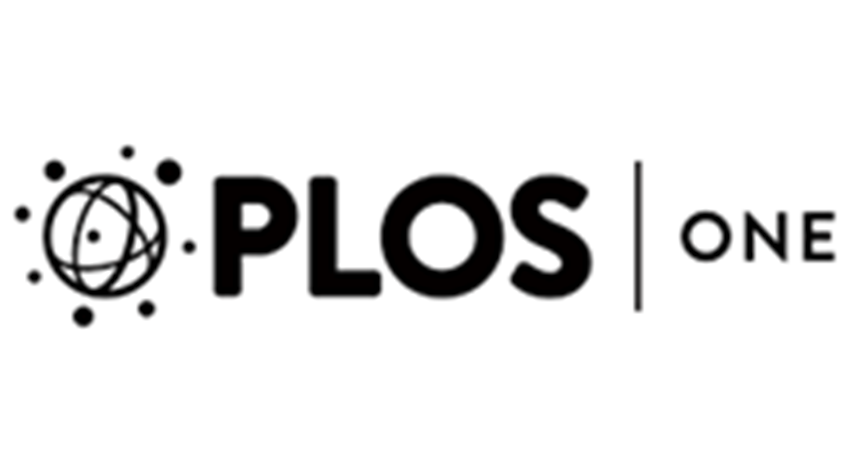
How the brain responds to acoustic dissonance in music?
Juan Toro, supported by the BIAL Foundation in the scope of project 13/18 - Biological bases of music cognition, concluded that our brain presents distintinctive neural responses, affected by schematic and veridical expectations, when processing pure acoustic violations.

Maria de Sousa Award is accepting applications until May 31
The Portuguese Medical Association and the BIAL Foundation are promoting the second edition of the Maria de Sousa Award, launched in 2020 to honour the memory of the physician and great researcher Maria de Sousa, a victim of Covid-19.
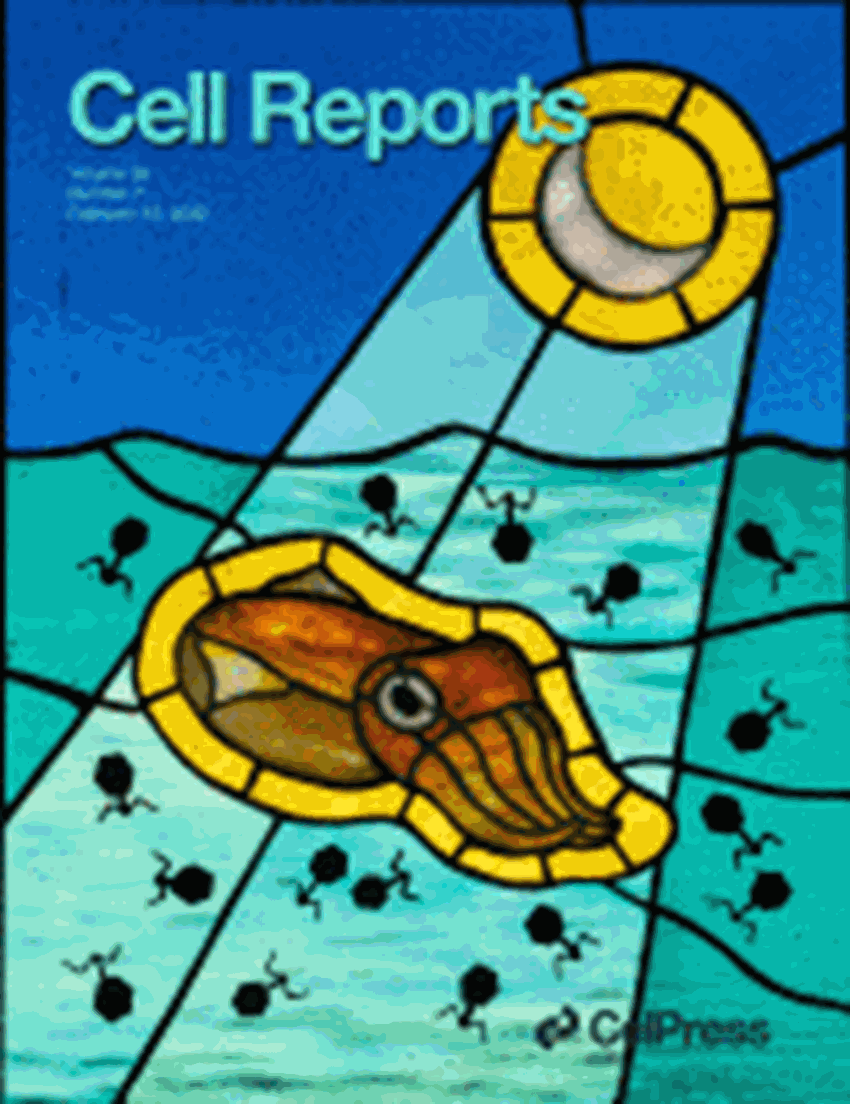
How motivated behavior is influenced by reinforcement/reward?
Carina Soares-Cunha, supported by the BIAL Foundation in the scope of project 175/20 – The role of nucleus accumbens in the perception of natural rewards, concluded that, in rodents, the optogenetic modullation of the D2-MSN-VP projections has different effects in the distinct phases of motivated behavior.
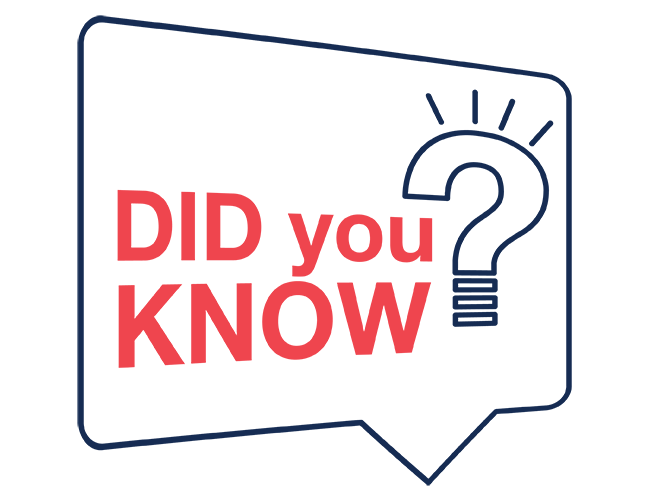
The BIAL Foundation has already supported a total of 775 projects in the domains of Psychophysiology and Parapsychology?
Did you know that in the scope of its Grants programme for Scientific Research, since 1994, the BIAL Foundation has already supported 775 projects in the domains of Psychophysiology and Parapsychology?
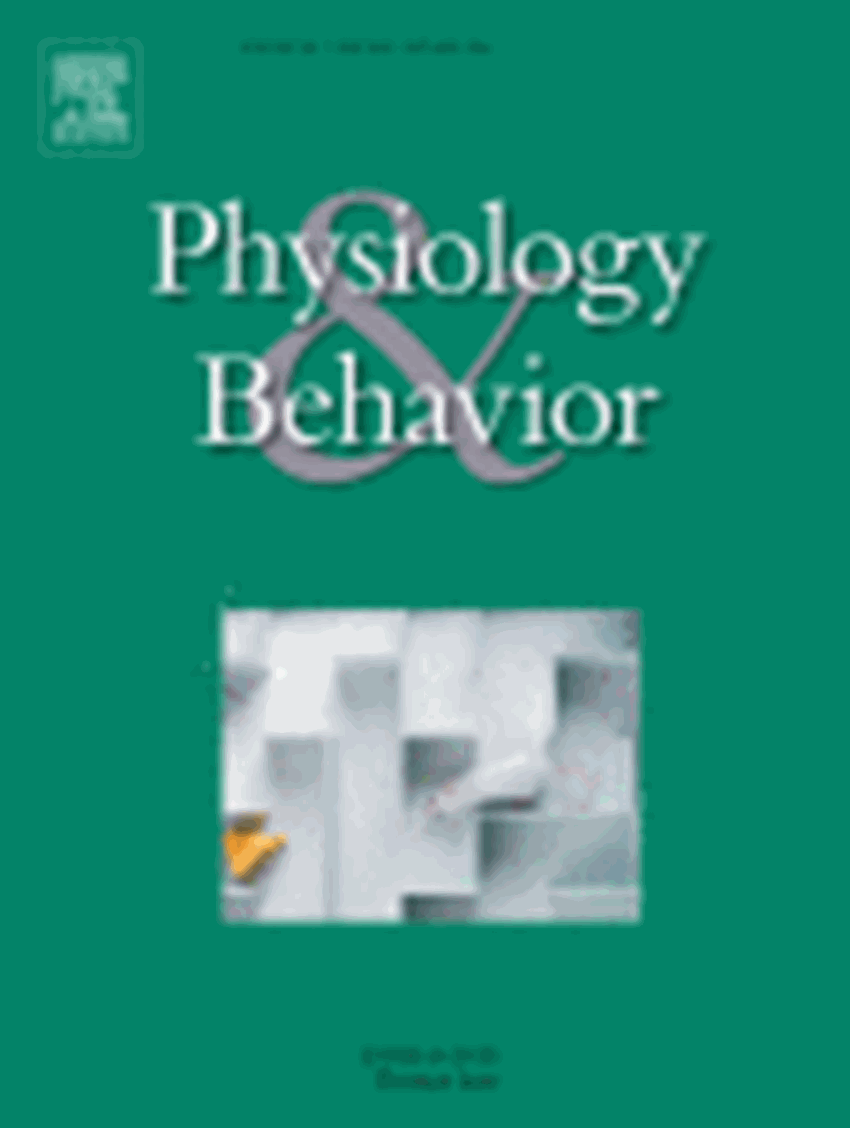
What do EEG studies tell us about affective modulation?
In the scope of the project 347/18 – Driving synaptic plasticity in motor-to-visual neural pathways to enhance action prediction, Alessio Avenanti et al., published in the journa Physiology & Behavior the paper “Affective modulation of cognitive control: A systematic review of EEG studies”

Could animals be able to detect musical changes?
Juan Toro, supported by the BIAL Foundation in the scope of project 13/18 - Biological bases of music cognition, concluded, in rodents, that they are able to detect changes in pitch, tempo and timbre.

Are lucid dreams a mixture of sleep and wakefulness?
Benjamin Baird, supported by the BIAL Foundation in the scope of project 334/18 - Inducing lucid dreams with optimized sensory cues, concluded that the lucid dreams are more that a mixture of sleep and wakefulness, with a EEG patter characteristic.

Could mindfulness meditation benefit memory?
Aviva Berkovich-Ohana, supported by the BIAL Foundation in the scope of project 191/20 – Understanding the brain mechanisms of death-denial for fostering mindfulness-based existential resilience, concluded that the practice of mindfulness mediattion it is benefic to delcarative memory performance.
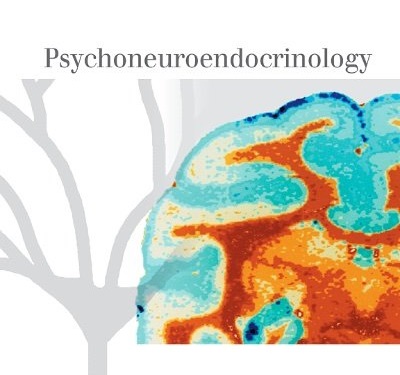
Can school behavior problems be predicted by oxytocin concentrations?
In the scope of project 158/12 – Neuroendocrine underpinnings of social bonds to parents and peers in preschool children. Oxytocin and cortisol on adopted children and non-adopted controls, Nuno Torres et al published in the journal Psychoneuroendocrinology, the paper Salivary oxytocin after play with parents predicts behavioural problems in preschool children
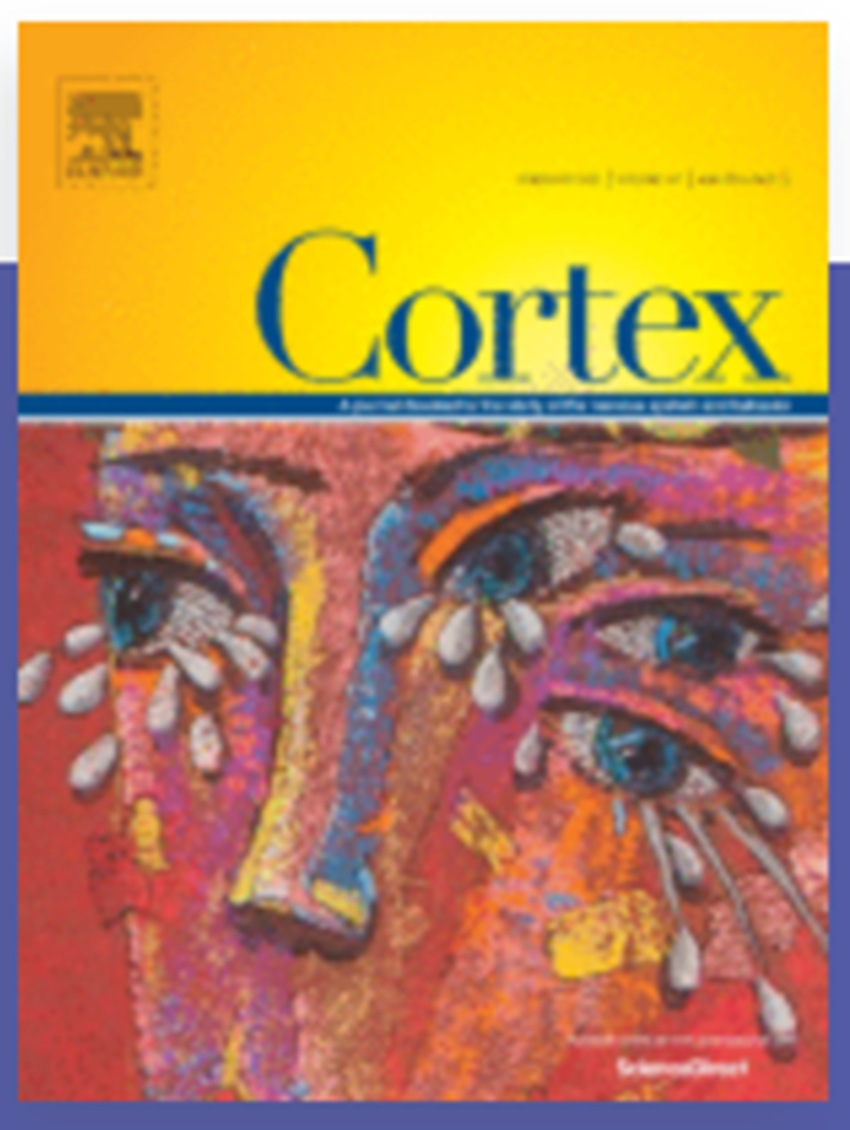
What we read has any neurophysiological impact?
Alessio Avenanti, supported by the BIAL Foundation in the scope of project 347/18 – Driving synaptic plasticity in motor-to-visual neural pathways to enhance action prediction, concluded that reading negative action sentences (e.g. you will not appreciate a book) provokes a decrease on motor excitability, when compared with reading positive action sentences (e.g. you will appreciate a book).
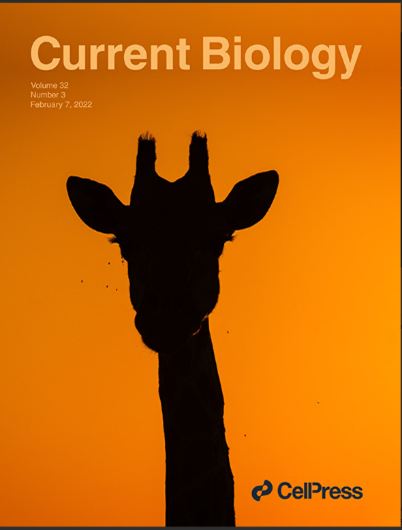
Can conscious visual perception be influenced?
In the scope of project 204/18 – Boosting WM capacity by strengthening the oscillatory functional fronto-parietal pathway, Vincenzo Romei et al published in the journal Current Biology, the paper Tuning alpha rhythms to shape conscious visual perception with the following highlights:
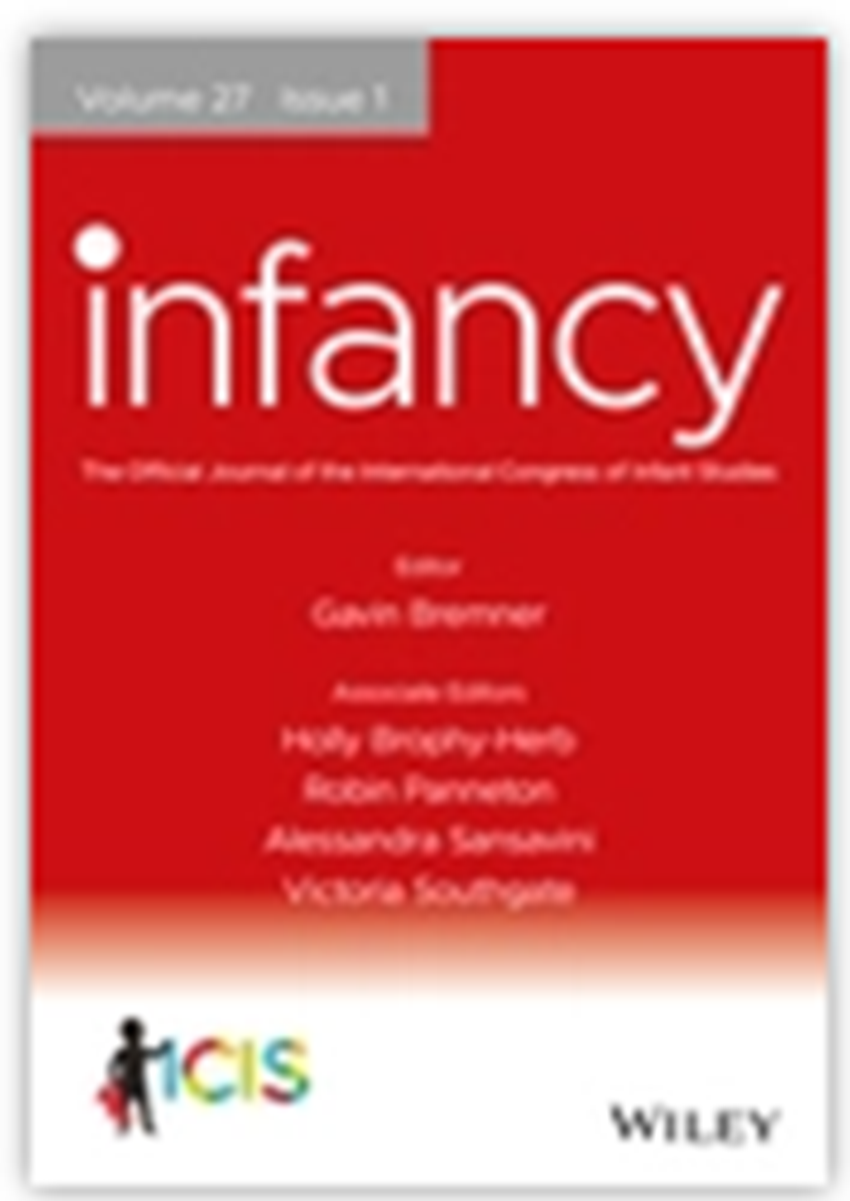
Auditory processing in the first month of age predicts language development at 12 months
Adriana Sampaio, supported by the BIAL Foundation in the scope of project 42/08 – Marcadores fisiológicos de processamento sensorial do recém-nascido, concluded that in 1-month-old children it is already possible to observe the P2 and N2 components for auditory stimuli. These results are consistent with the view that demonstrates the association between auditory processing and developmental outcomes. The paper Cortical auditory evoked potentials in 1-month-old infants predict language outcomes at 12 months featuring these results was published in the journal Infancy.
Looking for collaboration

The quest of physiological markers for the experience of pain
Researcher: Elia Valentini - Department of Psychology & Centre for Brain Science, University of Essex Summary: The aim of this project is to improve measurement of the human experience of pain by investigating a combination of psychophysical and physiological responses during mild noxious stimulation. More specifically, we want to investigate how sensitive and specific to pain the brain oscillatory responses are. We use EEG as the main technique, but we are keen to collaborate with neuroscientists using fMRI, autonomic measures and brain stimulation as well as with computational neuroscientists. A clinical collaborator would also be very much welcome.

EEG investigation of hypnosis and decision-making
Researcher: Rinaldo Livio Perri - University Niccolò Cusano Rome, Italy Summary: I work in the field of hypnosis and cognitive neuroscience. In particular, I adopt the event-related potentials (ERPs) to investigate the effect of the hypnotic suggestions on sensory processing and cognitive performance. I am an expert in decision-making and proactive brain processes before the stimulus administration (e.g., the perceptual, prefrontal and premotor readiness during the expectancy stage). I could help colleagues to properly analyze the ERP signal in the pre-stimulus stage of processing. Also, I would be happy to share my EEG data for re-analyzing them in the frequency domain (e.g., wavelet or coherence analysis in the hypnosis research). Feel free to contact me for any question! More information on my papers: https://scholar.google.it/citations?user=-8e_V64AAAAJ&hl=it Possible collaborations: neuroscientist with experience in the EEG frequency analysis Email: perri.rinaldo@gmail.com

Transparent Psi Project - looking for collaborators
Summary: We are running a fully transparent, expert consensus-base multilab replication of Bem’s (2011) experiment 1. The project features state of the art methods to maximize transparency and study integrity. The study involves a computerized experiment taking about 20 minutes per session. Group testing is possible in a computer lab, no specialized equipment needed. Labs are expected to recruit at least 100 participants. Participants will be exposed to images with explicit erotic/sexual content in the experiment. No financial compensation is required for the participants. Data collection is expected to take place in the 2020 fall semester. Every material is provided for ethics/IRB submissions and data collection in English (translation of materials might be necessary by the collaborators). The study is pre-registered and the manuscript is accepted in principle for publication in the journal Royal Society Open Science. All collaborators who meet the minimum sample size criterion will get authorship on this paper reporting the results of the replication study. More information in the preprint: https://psyarxiv.com/uwk7y/ Indicate interest in the collaboration via the following form: https://tinyurl.com/tpp-labs With any question contact the lead investigator: Dr. Zoltan Kekecs, kekecs.zoltan@gmail.com

Cognitive control and learning
Researcher: Ignacio Obeso, Ph.D. / CINAC - HM Puerta del Sur Summary: The aim of our projects is to understand the behavioral and neural mechanisms used to learn how humans establish adaptive behaviour in changing contexts. More specifically, we want to decipher how stopping abilities are initially learned and later executed under automatic control. We use task-related fMRI, brain stimulation and clinical models to test our predictions in laboratory settings as well as online home-based paradigms. Possible collaborations: computational scientist Email contact: i.obesomartin@gmail.com https://iobesomartin.wixsite.com/cognitivecontrol
Find here some links to other Foundations, Organizations, Societies and more that you might be interested in.
- BrainFacts.org
- Cognitive Neuroscience Society
- Dana Foundation
- European Brain Council
- European Society for Cognitive and Affective Neuroscience (ESCAN)
- Federation of European Neuroscience Societies (FENS)
- Human Brain Project
- IANDS International Association for Near-Death Studies
- Institut Métapsychique International (IMI)
- Instituto de Psicologia Paranormal
- International Behavioral Neuroscience Society (IBNS)
- International Brain Research Organization
- IONS Institute of Noetic Sciences
- Kavli Foundation
- Koestler Parapsychology Unit
- Open Sciences
- Organization for Human Brain Mapping (OHBM)
- Parapsychological Association
- Psi Encyclopedia
- Rhine Research Center
- Sociedade Portuguesa de Neurociências
- Sociedade Portuguesa de Neurologia
- Society for Neuroscience
- Society for Psychical Research
- Society for Scientific Exploration (SSE)
- World Federation of Neurology


